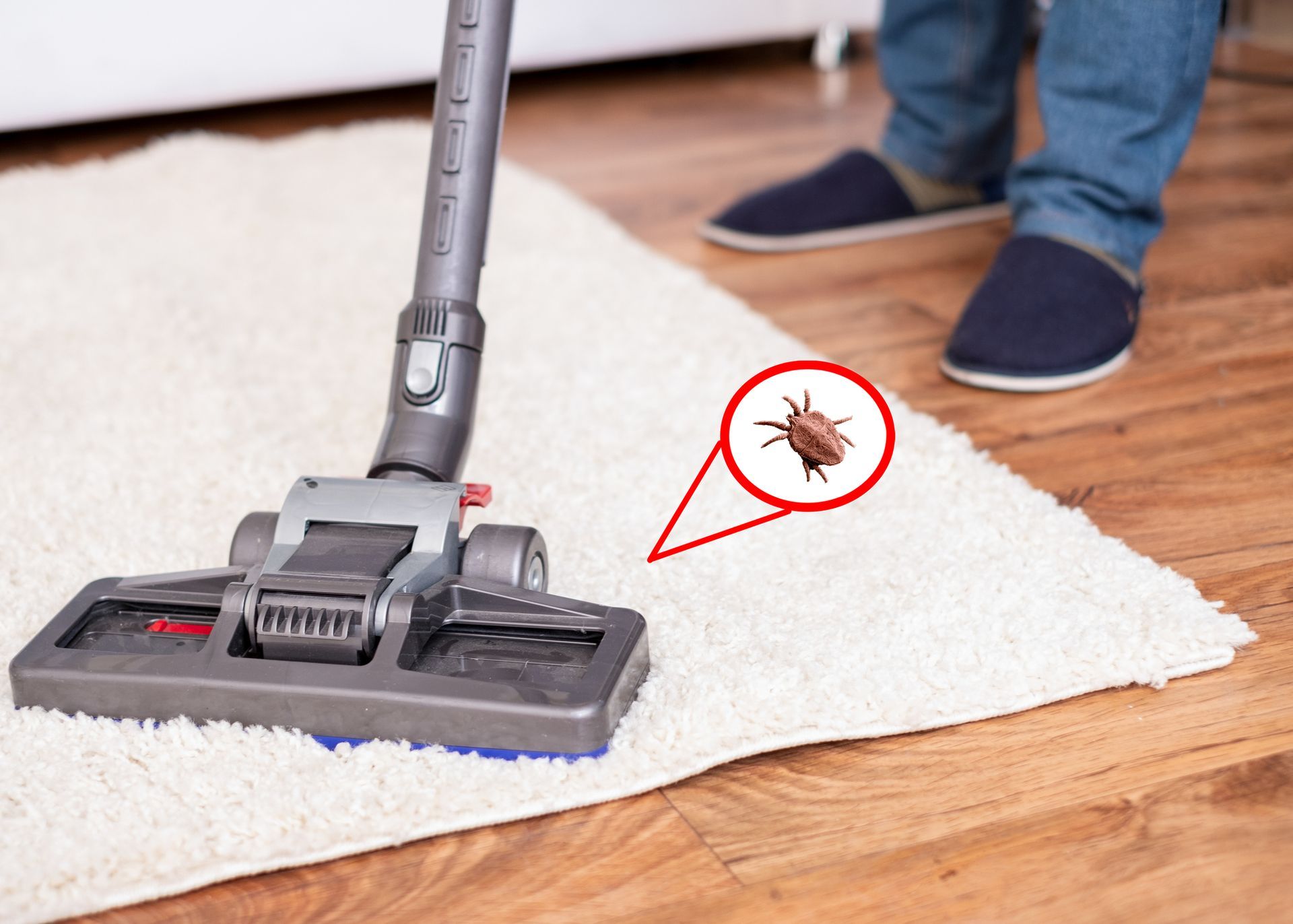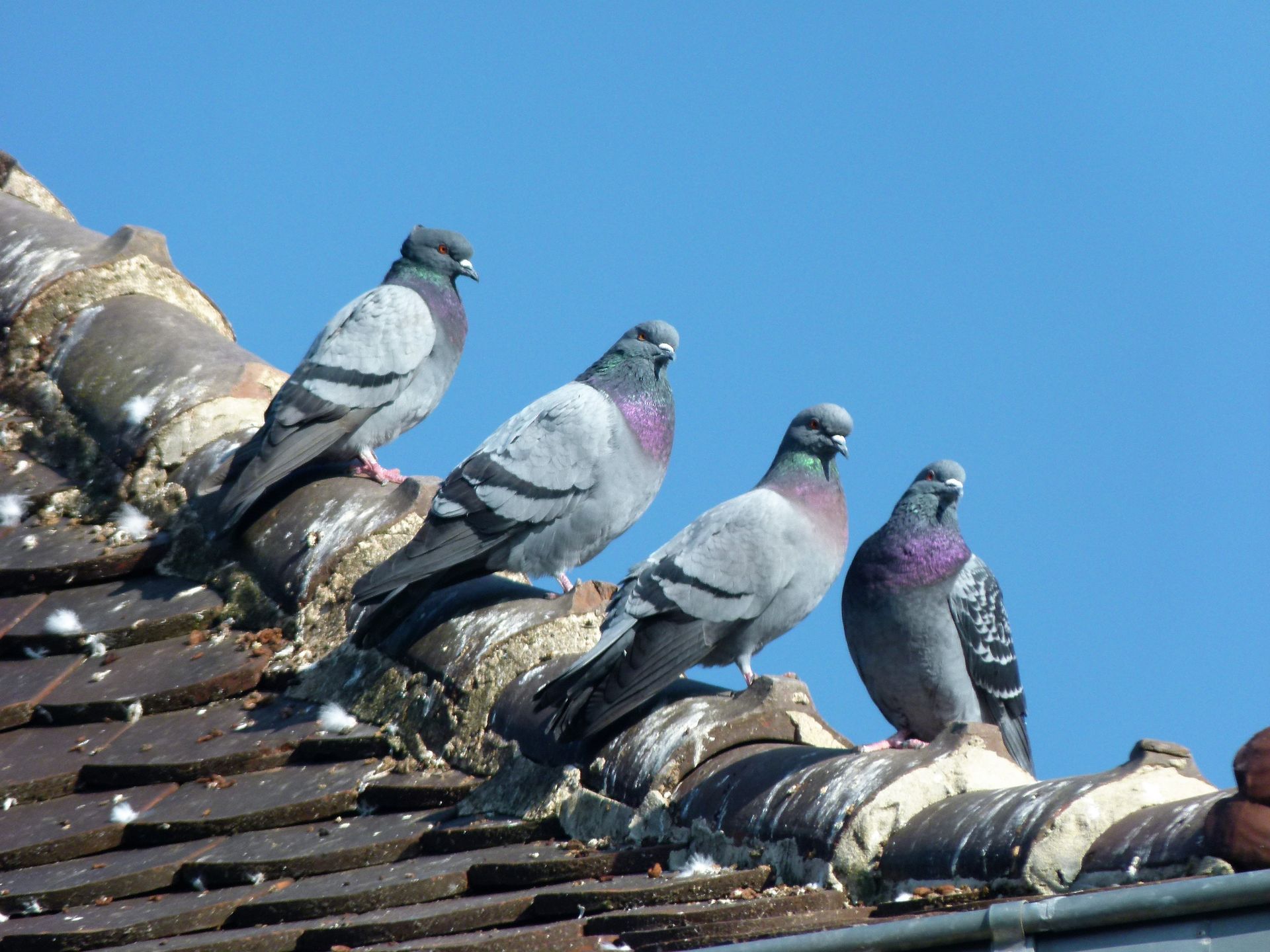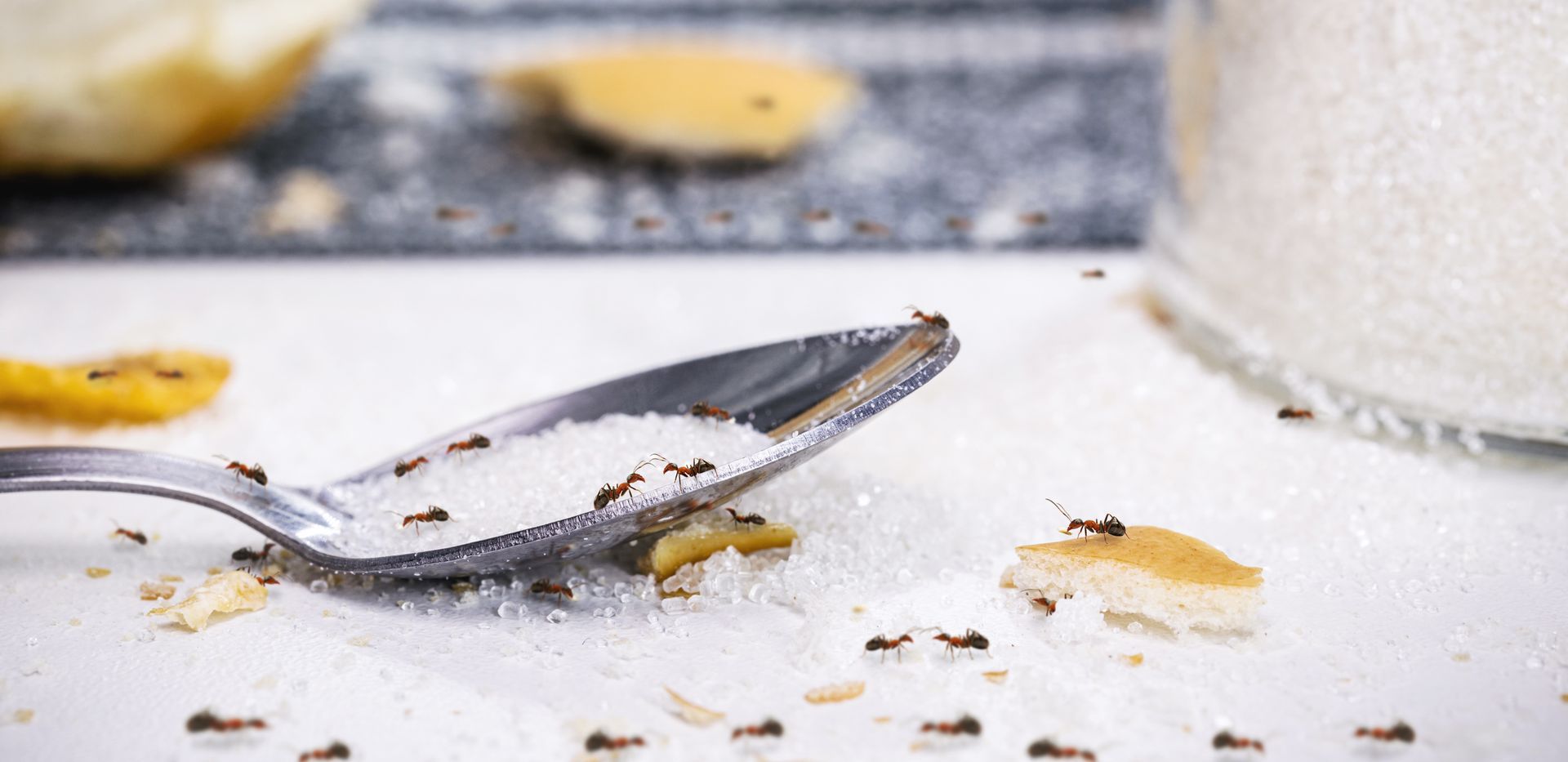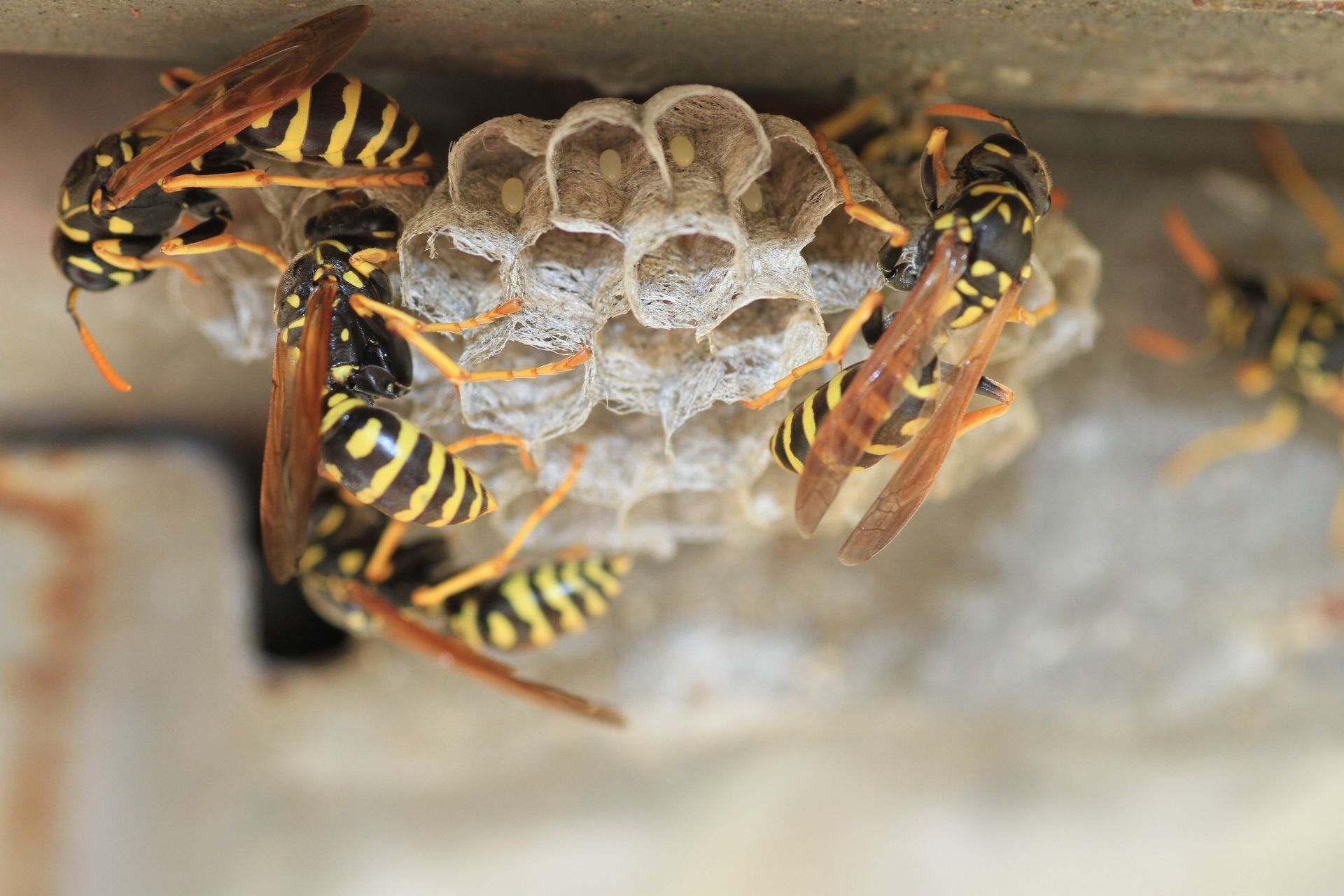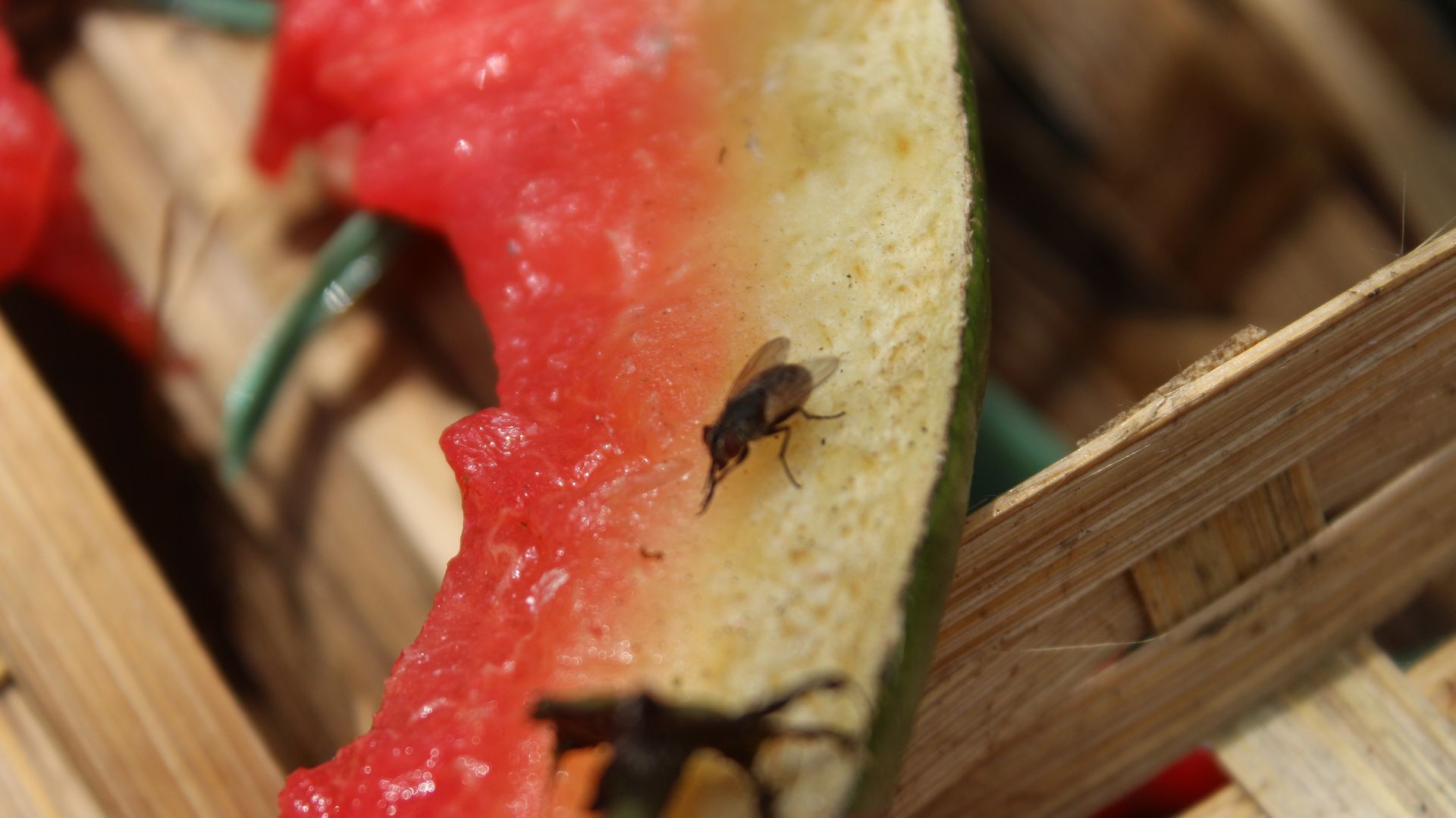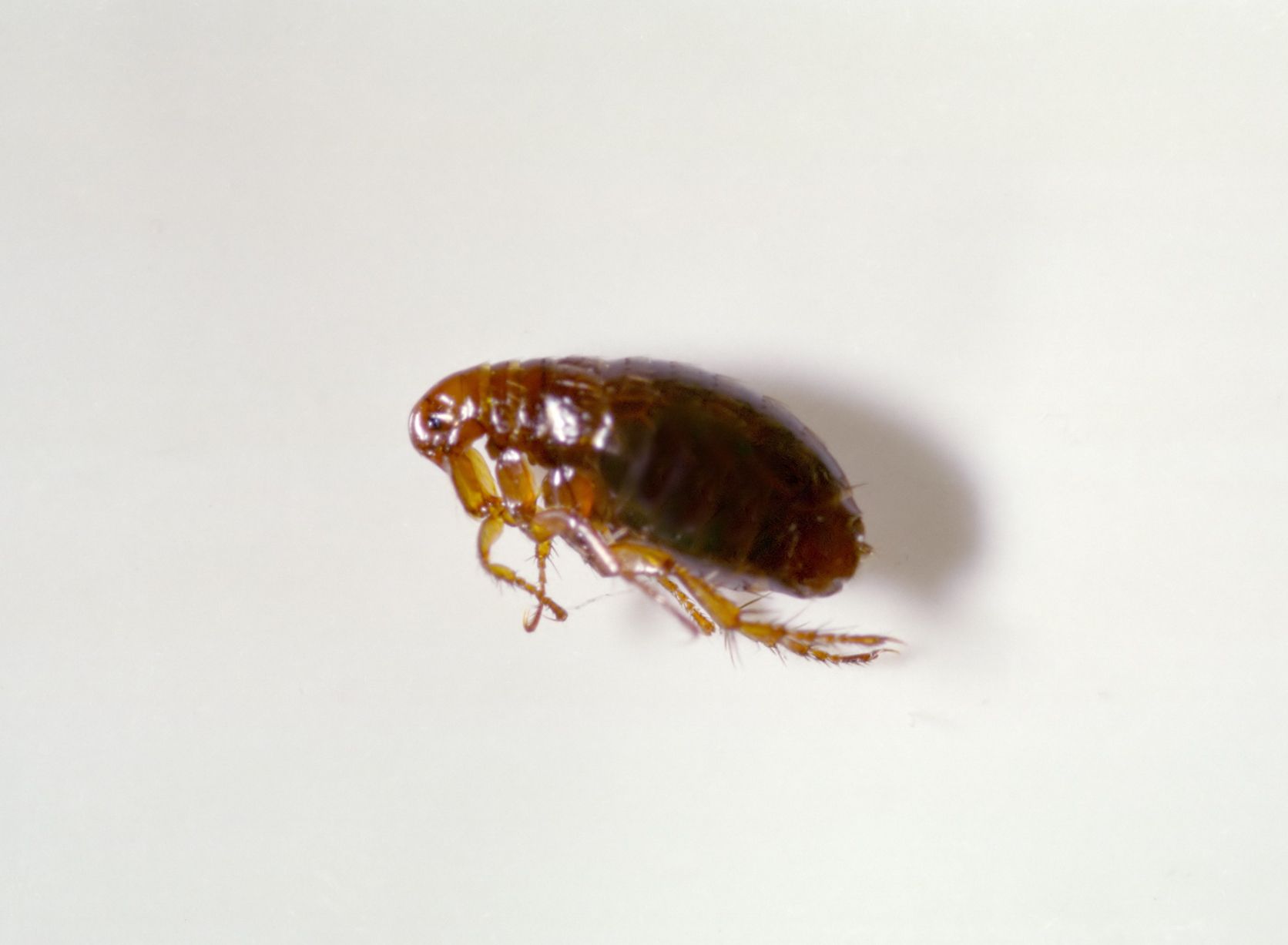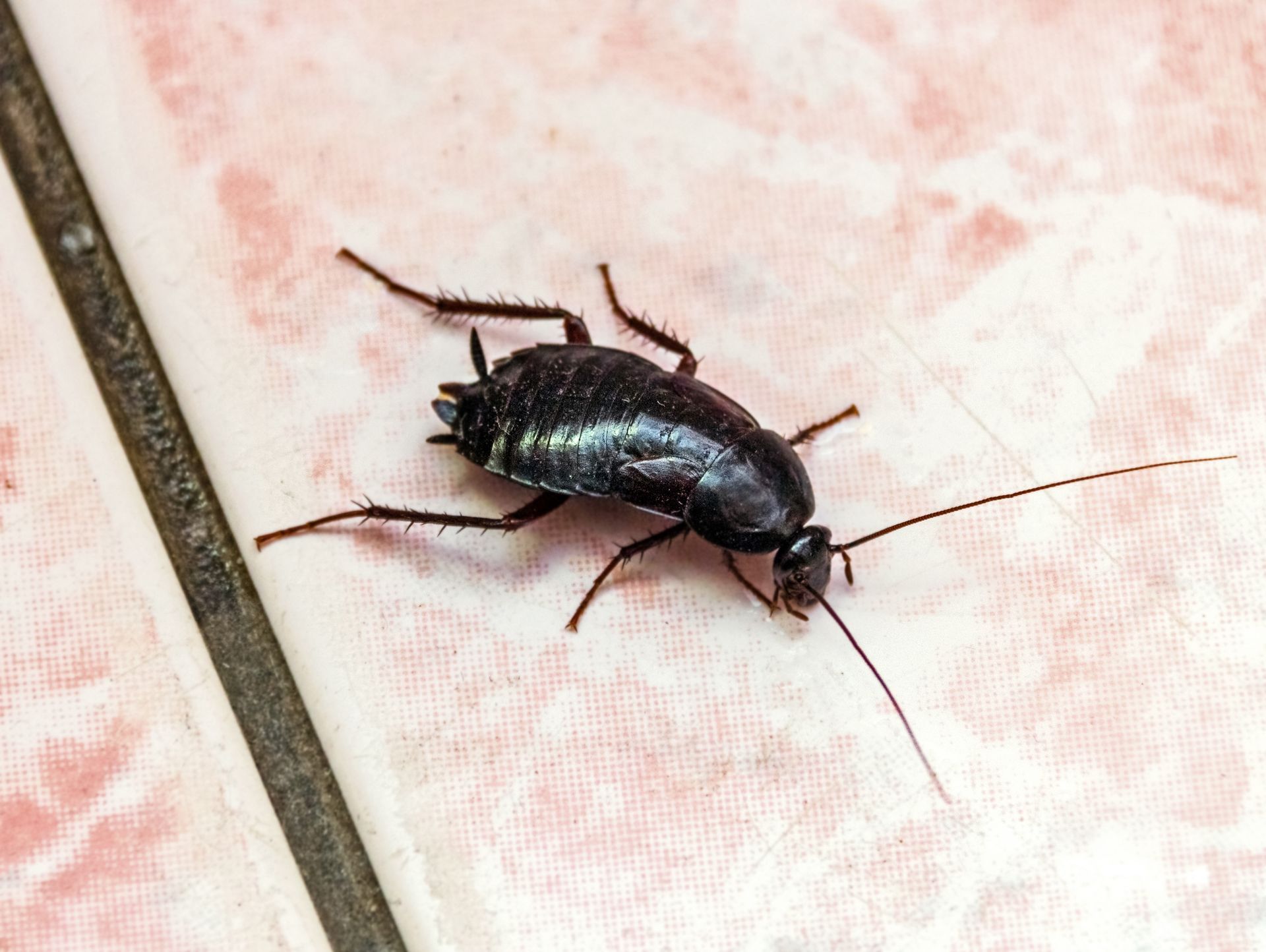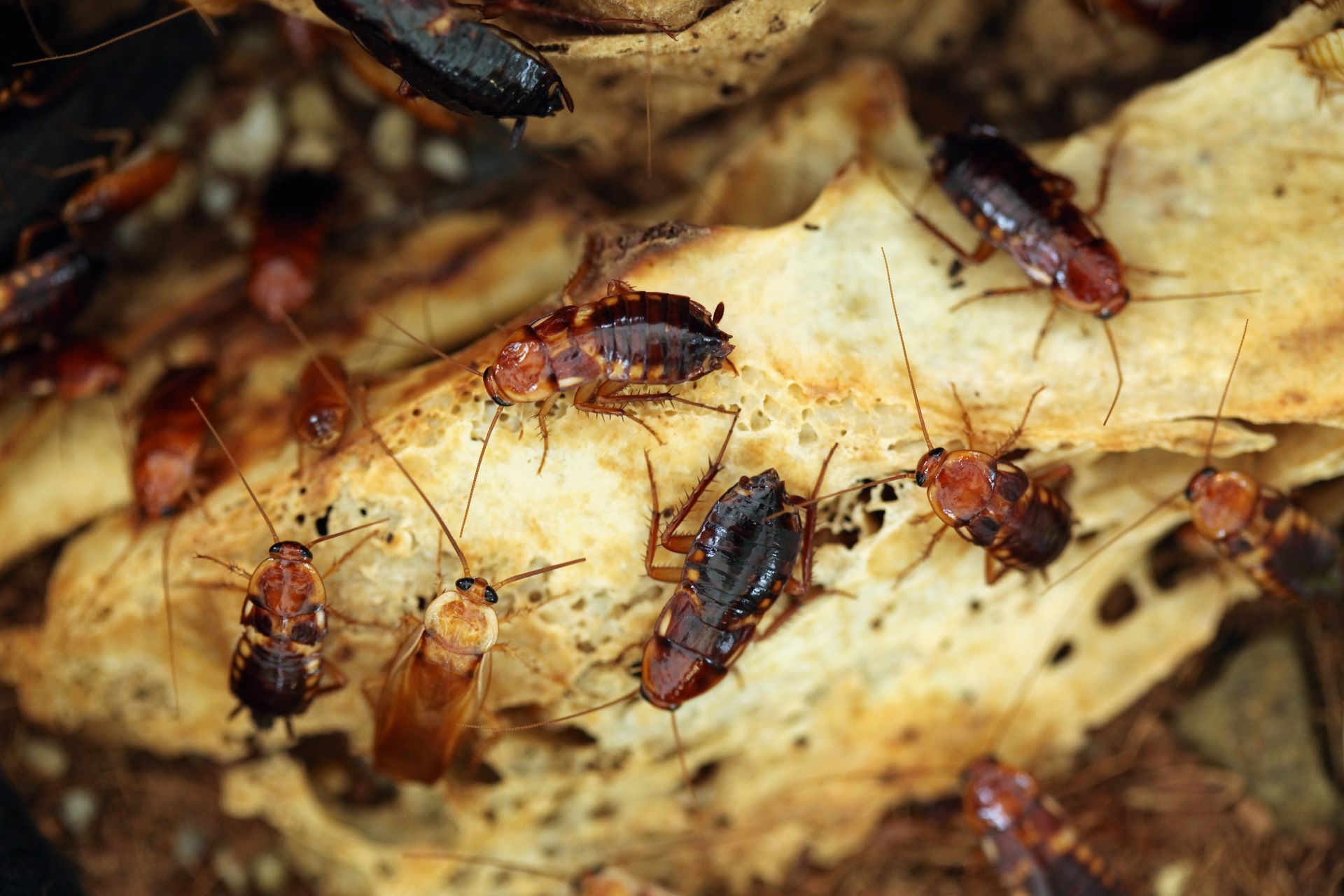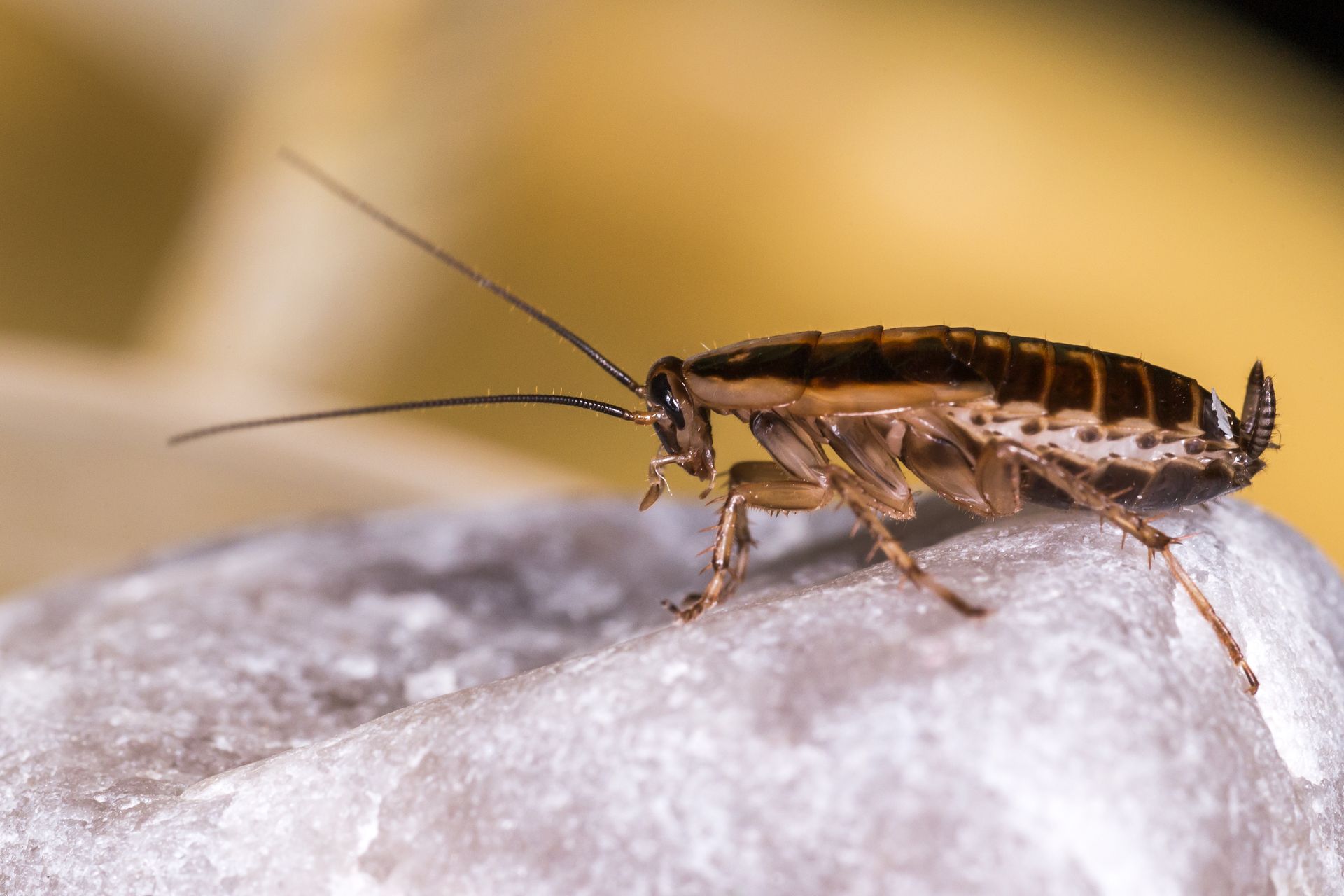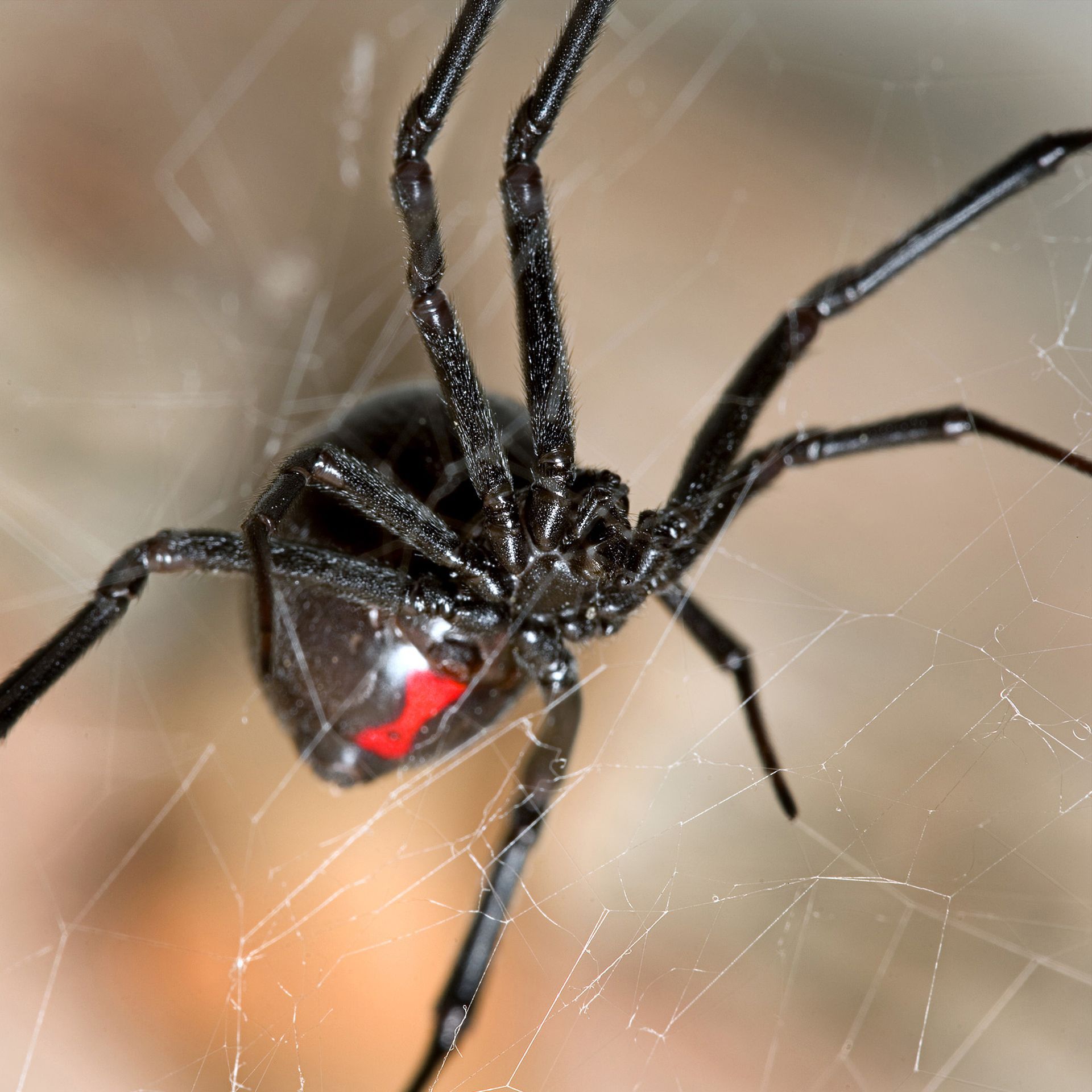Moisture Problems Causing Pest Infestations - Sacramento
Preventing Moisture Problems to Safeguard Your Home from Pest Infestations
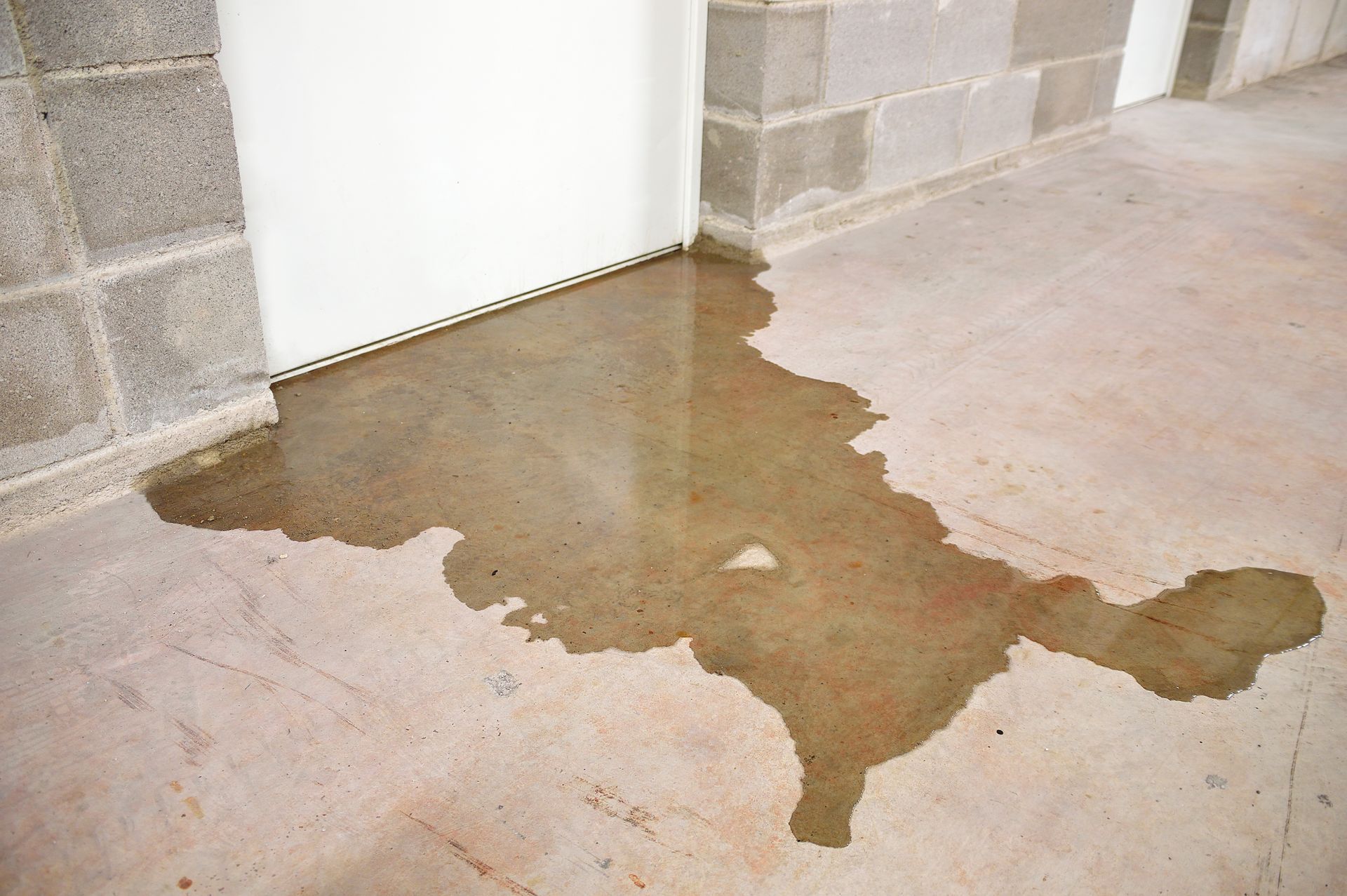
Moisture problems in homes can often pave the way for unwelcome guests in the form of pests. These unwanted intruders thrive in damp environments, finding solace in the cozy nooks and crannies of your house. However, by addressing and preventing moisture issues, you can effectively mitigate the risk of pest infestations. In this article, we'll explore practical tips to help you keep your home dry, pest-free, and offer the services of a professional pest control company for comprehensive pest management.
Identify and Fix Leaks:
Leaking pipes, faucets, or roof leaks can contribute to excess moisture, creating an inviting habitat for pests. Regularly inspect your home for any signs of leaks, such as water stains, damp spots, or unusual odors. Promptly repair any leaks to prevent moisture buildup and eliminate potential pest entry points.
Improve Ventilation:
Proper ventilation is crucial in maintaining a dry environment within your home. Ensure that your bathrooms, kitchen, and laundry areas are well-ventilated to reduce moisture accumulation. Consider installing exhaust fans or opening windows during activities that generate moisture, like showering or cooking. Good airflow will discourage pests that thrive in humid conditions.
Monitor and Control Humidity Levels:
Maintaining optimal humidity levels is essential for preventing moisture-related pest problems. Use a hygrometer to measure humidity levels in your home. Ideally, aim for humidity between 30% and 50%. If humidity exceeds this range, consider using dehumidifiers or air conditioners to regulate moisture levels effectively.
Address Condensation:
Condensation often occurs on windows, pipes, or cold surfaces, creating an environment conducive to mold growth and attracting pests. Wipe away condensation promptly and use insulation on cold surfaces to prevent moisture buildup. Regularly check areas prone to condensation and take appropriate action to eliminate excess moisture.
Ensure Proper Drainage:
Poor drainage around your home can lead to moisture seepage and provide pests with a water source. Regularly inspect gutters, downspouts, and exterior drainage systems to ensure proper functioning. Redirect water away from your foundation and maintain a slope away from the house to prevent water pooling and potential pest habitats.
Remove Standing Water:
Stagnant water is a magnet for pests like mosquitoes and flies. Regularly check your property for any standing water sources, such as birdbaths, flower pots, or clogged gutters. Remove or treat these areas promptly to reduce the risk of infestations and discourage breeding sites for pests.
Store Firewood Properly:
If you have a fireplace or use firewood for other purposes, store it away from your home's exterior. Pests, including termites and ants, are attracted to firewood piles and can easily migrate into your home if it's located nearby. Keep firewood elevated and off the ground, at least 20 feet away from your home's foundation.
Conclusion:
By implementing these preventive measures, you can significantly reduce the chances of moisture-related pest infestations in your home. However, should you encounter persistent pest problems or require professional assistance, it's advisable to seek the expertise of a reliable pest control company. New Guard Pest Control is a trusted provider with a track record of effective pest management solutions. New Guard is experienced and can assess your situation, devise tailored strategies, and ensure your home remains pest-free.
Remember, a dry and well-maintained home is the first line of defense against pests. Stay vigilant, address moisture issues promptly, and enlist professional help when necessary to safeguard your home from unwelcome intruders.
